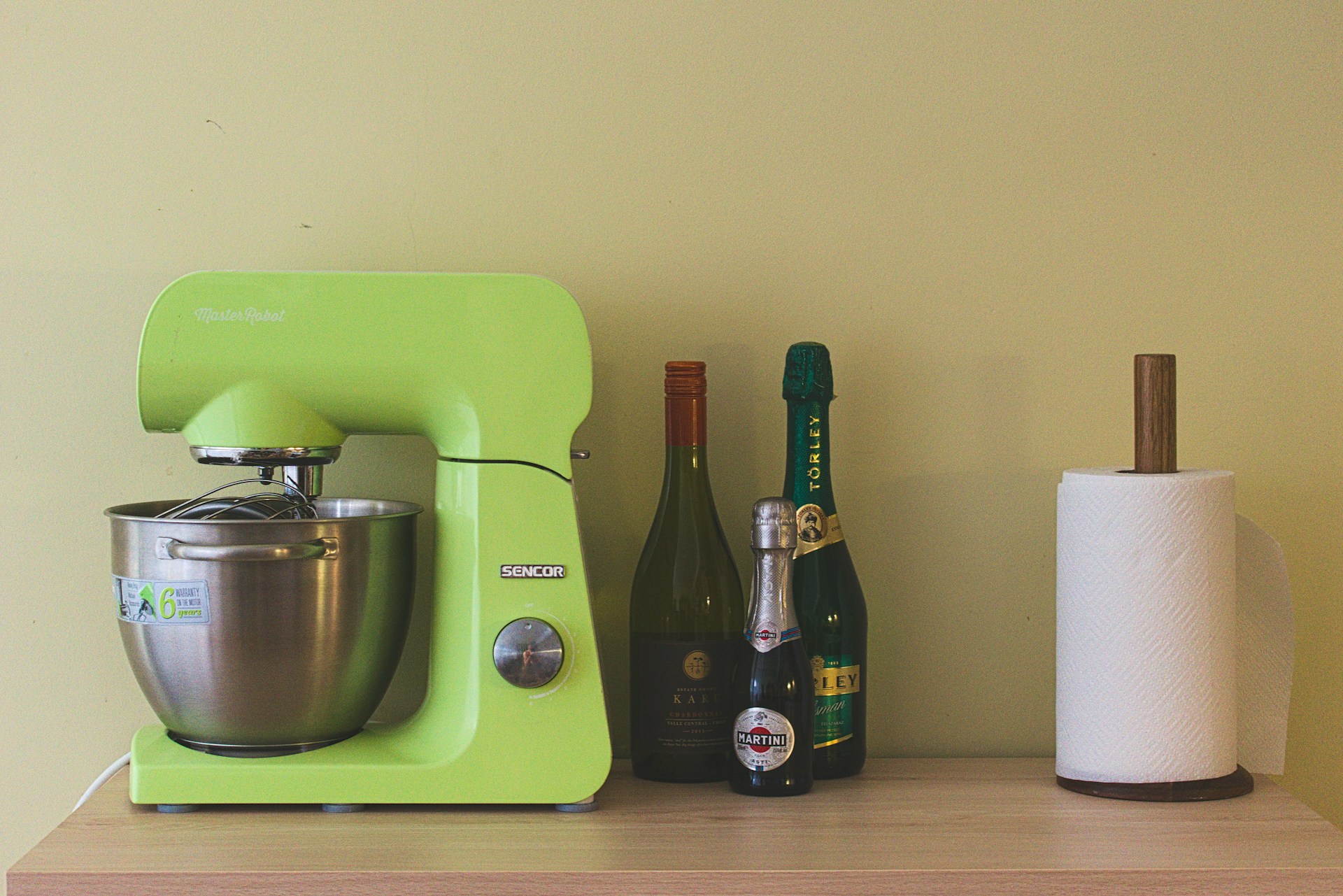
Which materials in bakeware ensure the quickest and most even heat distribution for pastries?
When it comes to baking, the quality of your bakeware can significantly influence the outcome of your pastries. One of the most crucial factors to consider is the material of your baking pans. Different materials conduct heat differently, which can affect the cooking time and the evenness of your baked goods. So, let's take a closer look at the various types of pan materials and find out which ones ensure the quickest and most even heat distribution for pastries.
Understanding the Importance of Heat Distribution in Baking
Before diving into the specifics of different bakeware materials, it's important to understand why heat distribution matters in baking. When you put your pan into the oven, it begins to absorb heat. How quickly and uniformly it does so will impact how your pastry bakes.
A lire aussi : Discover the joy of authentic french raclette cheese today
If your pan conducts heat evenly, your pastry will bake uniformly, meaning it will be cooked through at the same rate throughout. However, if your pan distributes heat unevenly, some parts of your pastry might bake faster than others, leading to an uneven bake. This is why it's crucial to choose bakeware made of a material that ensures quick and even heat distribution.
Aluminum: The Go-to Material for Professional Bakers
Professional bakers swear by aluminum for its ability to heat quickly and evenly. This lightweight, rust-resistant metal is known for its superior heat conductivity. This means that aluminum pans heat up swiftly, ensuring that your pastries start baking the moment they hit the oven.
A lire aussi : How to select the ideal storage jars for preserving homemade jams and jellies?
Moreover, aluminum distributes heat uniformly across the surface of the pan, preventing hot spots that can cause your pastries to bake unevenly. Aluminum's innate ability to reflect heat rather than absorb it allows for consistent baking results every time. However, keep in mind that aluminum pans can react with acidic ingredients, which may affect the taste and color of your pastries. Therefore, it's often recommended to opt for anodized aluminum pans, which are non-reactive.
Steel: Strength and Durability in the Kitchen
In the realm of bakeware materials, steel stands out for its strength and durability. There are mainly two types of steel used in baking pans: stainless steel and carbon steel.
Stainless steel is highly resistant to rust and corrosion, making it a durable choice for bakeware. However, it's not the best conductor of heat. That's where carbon steel comes in. Carbon steel pans heat up quickly and hold that heat well, making them a great choice for pastries that require a crisp finish such as pies and tarts. However, carbon steel pans need to be seasoned and cared for properly to prevent rust.
Nonstick Pans: Easy Release of Pastries
Nonstick pans are prized by many bakers for their ease of use. As the name suggests, these pans have a special coating that prevents baked goods from sticking to the surface, making them easier to release from the pan.
Most nonstick pans are made with a base of aluminum or steel, which means they can provide quick and even heat distribution. However, be aware that the nonstick coating can wear off over time, and these pans usually can't be used under a broiler or at very high temperatures. Additionally, you need to use nonabrasive utensils to avoid scratching the nonstick surface.
Silicone Bakeware: The Flexible Option
In recent years, silicone bakeware has gained popularity for its unique advantages. Silicone pans are flexible, nonstick, and easy to clean. They can withstand a wide range of temperatures, from the freezer to the oven.
However, when it comes to heat distribution, silicone pans may not perform as well as metal pans. They heat up more slowly and retain the heat longer once out of the oven. This means that your pastries might continue baking even after they're out of the oven, which can lead to overbaking. So, if you're using silicone pans, you might need to adjust your baking time accordingly.
In conclusion, there's no one-size-fits-all solution when choosing the best material for your baking pans. Each material has its own strengths and weaknesses, and what works best for you depends on the type of baking you do. By understanding the properties of each material, you can make an informed choice that will help you achieve the best possible results in your baking endeavors.
Cast Iron: Long-Lasting and Highly Heat Retentive
A firm favorite amongst seasoned bakers, cast iron is renowned for its longevity and high heat retention. Cast iron baking pans, much like their carbon steel counterparts, require seasoning to enhance their natural non-stick surface and prevent rusting.
Despite being relatively slow to heat up, cast iron pans provide exemplary heat distribution once warmed. The high heat retention characteristic of cast iron ensures that the pan remains hot for a considerable period, even after being removed from the oven. This property is highly beneficial for certain types of baked goods, such as cornbread or skillet cookies, which continue to cook even after the heat source has been removed.
Cast iron pans are also versatile and can withstand high temperatures, making them suitable for broiling and baking alike. However, due to their weight, they might not be the easiest to handle, especially for delicate pastries. Care should also be taken with acidic ingredients, as they can strip the seasoning from the cast iron and leach iron into your food, which can affect the color and flavor.
Nordic Ware: An Excellent Choice for High-Quality Bakeware
Nordic Ware is a reputable brand known for manufacturing high-quality bakeware. Their baking pans, typically made of aluminum, are celebrated for their rapid heat conductivity and even heat distribution. Moreover, the brand offers a range of pans with non-stick surfaces, further easing the baking process.
Also noteworthy in the Nordic Ware line are their insulated baking sheets. These sheets have a layer of air sandwiched between two aluminum layers. This design allows for a slower, more even heat distribution, reducing the risk of burnt bottoms and promoting uniform browning. And while these baking sheets may take longer to heat up, they can provide more consistent results for certain types of baked goods.
The Final Verdict: Choosing the Ideal Bakeware Material
In the art of baking, the quality of your bakeware indeed plays a pivotal role. When it comes to choosing the best material for your baking pans, there isn't a universal answer, as each material has its own merits and drawbacks.
Aluminum and Nordic ware pans, with their excellent heat conductivity and even heat distribution, are fantastic for a range of pastries. Steel pans, particularly carbon steel, offer a crisp finish, while cast iron's heat retention is beneficial for certain types of baked goods. On the other hand, silicone and nonstick pans provide ease of use and easy cleaning, though they may not offer the same level of heat distribution as their metal counterparts.
Therefore, the decision ultimately rests on your specific baking needs and preferences. By weighing the pros and cons of each material, you can make an informed choice that will yield the best results in your baking endeavors. Here's to a future of perfectly baked goods that are as delightful to behold as they are to savor!
